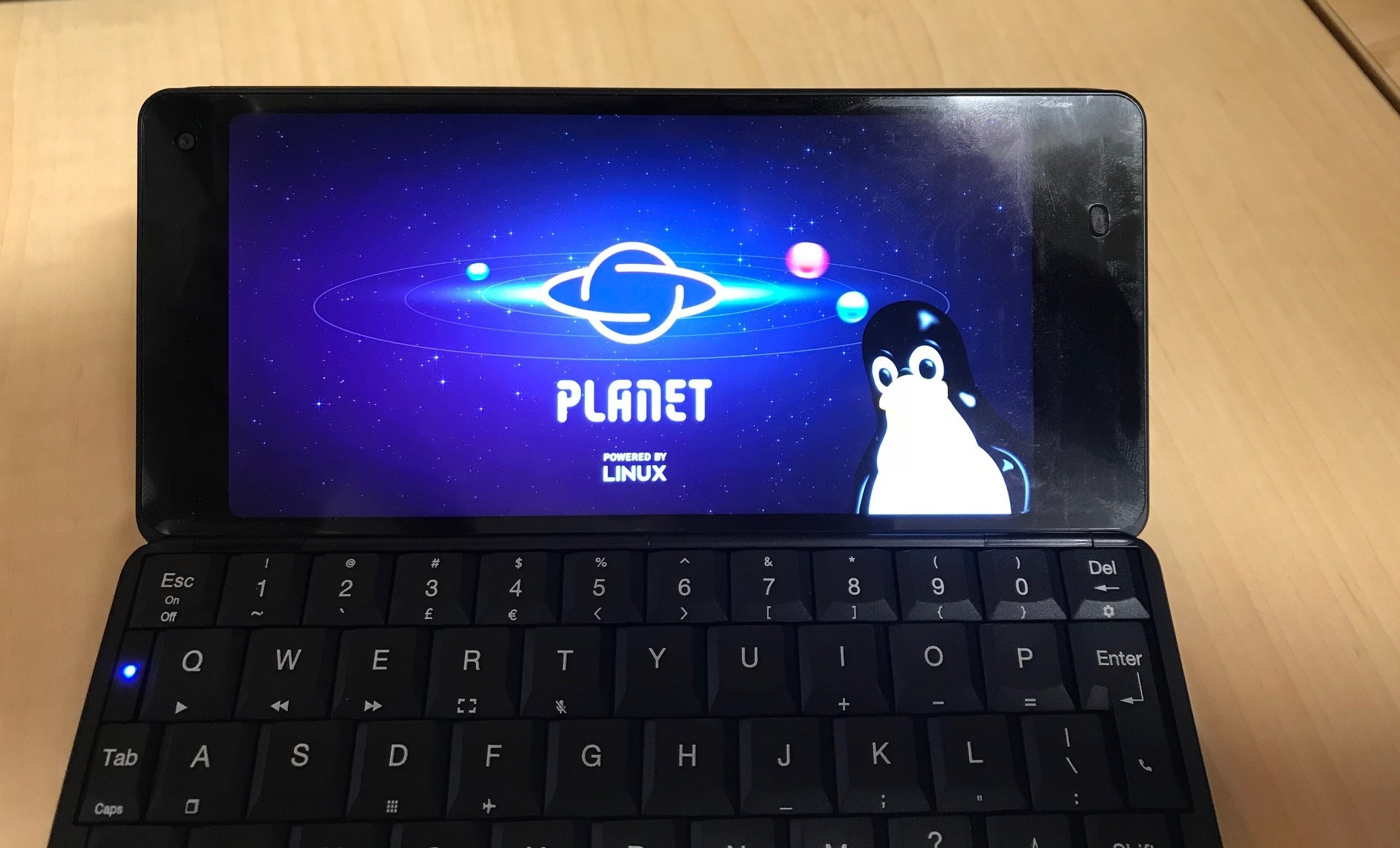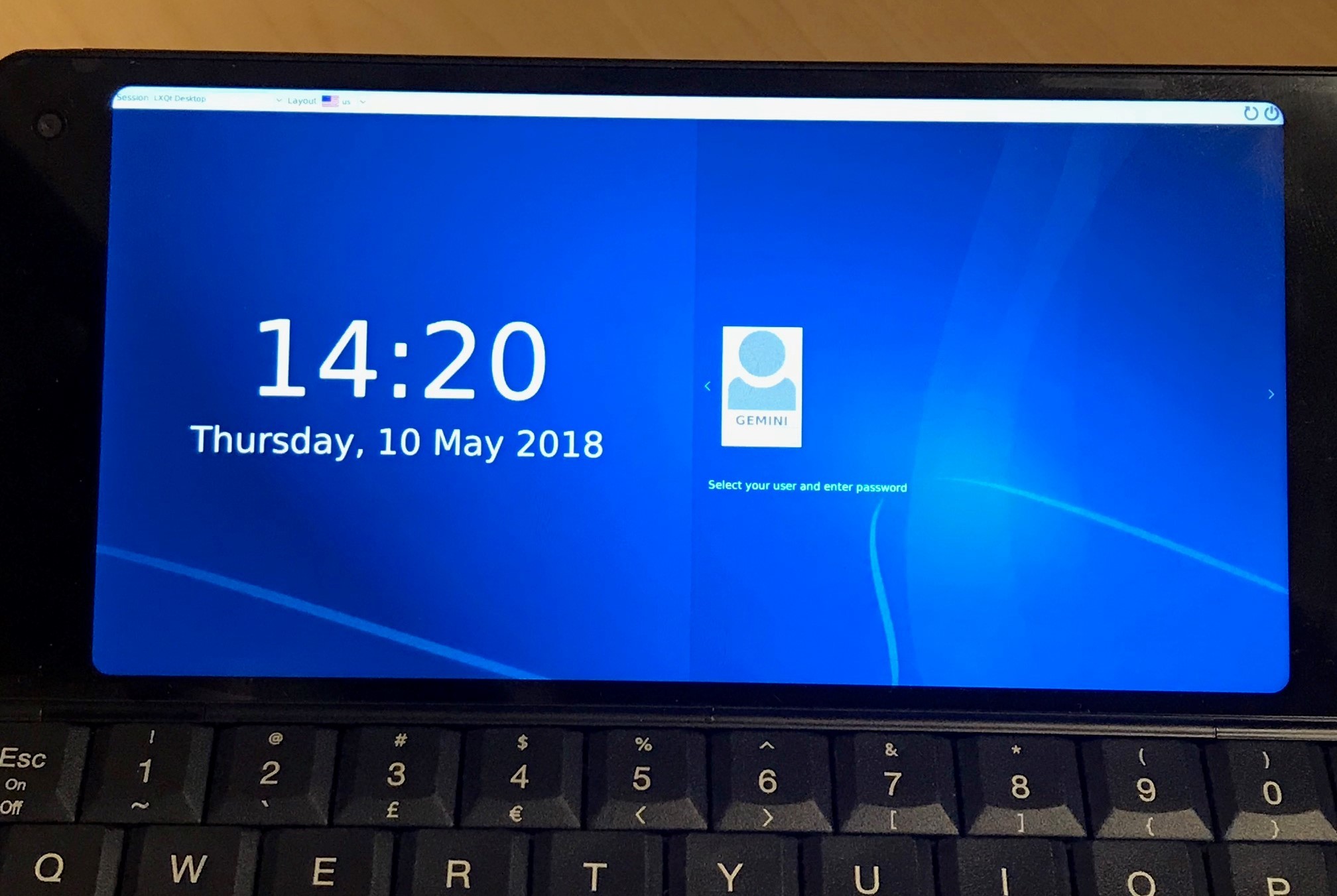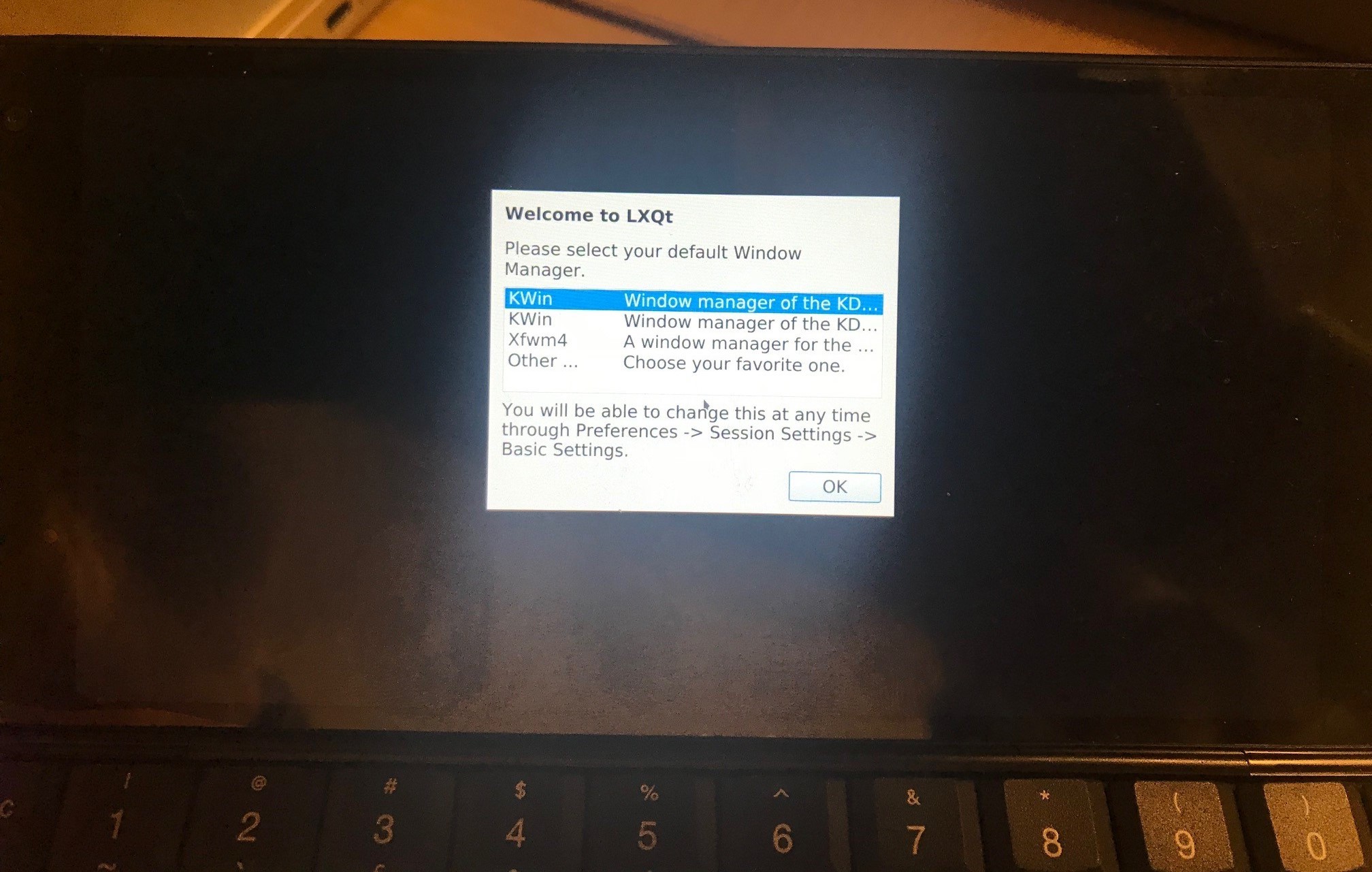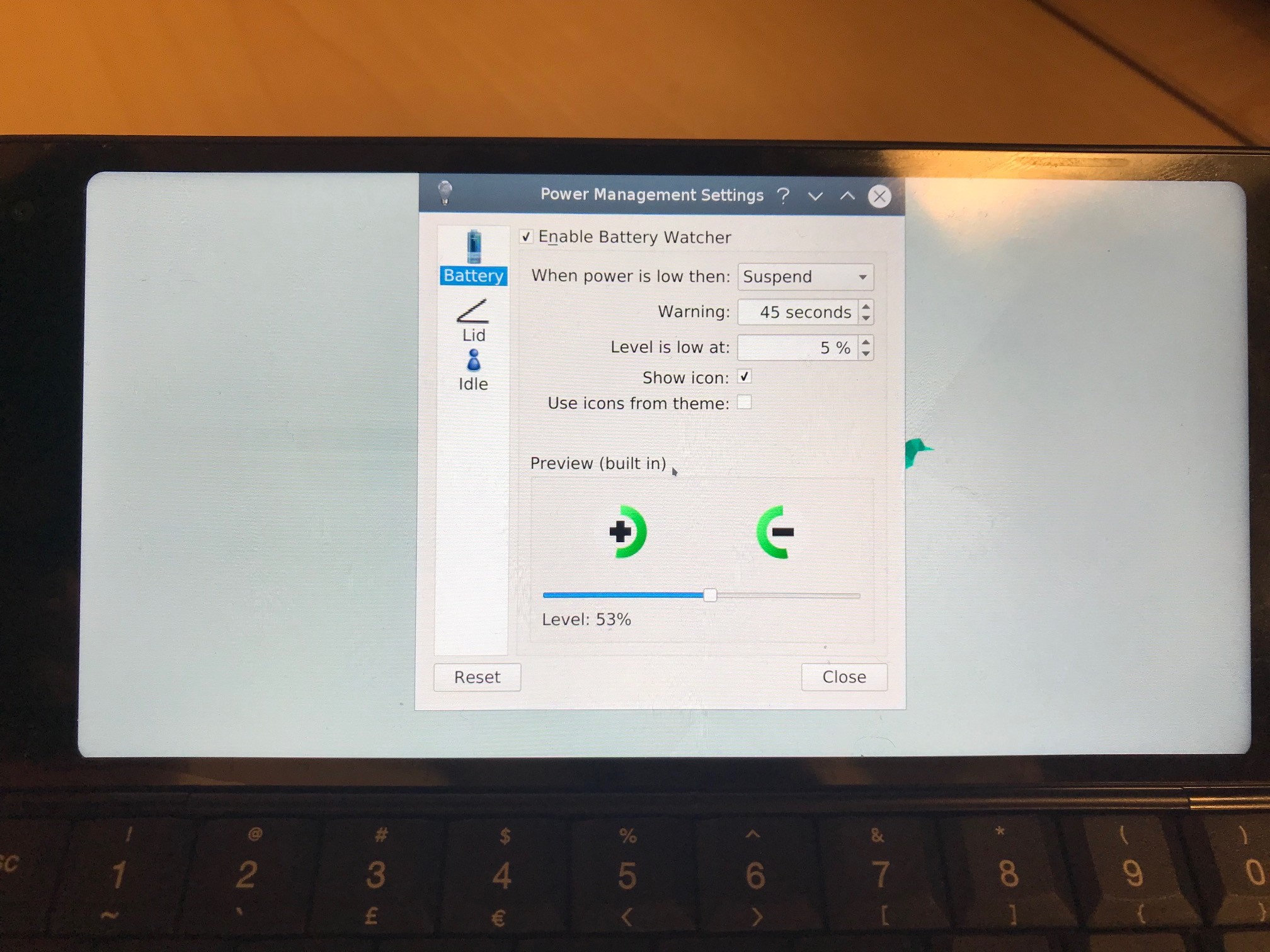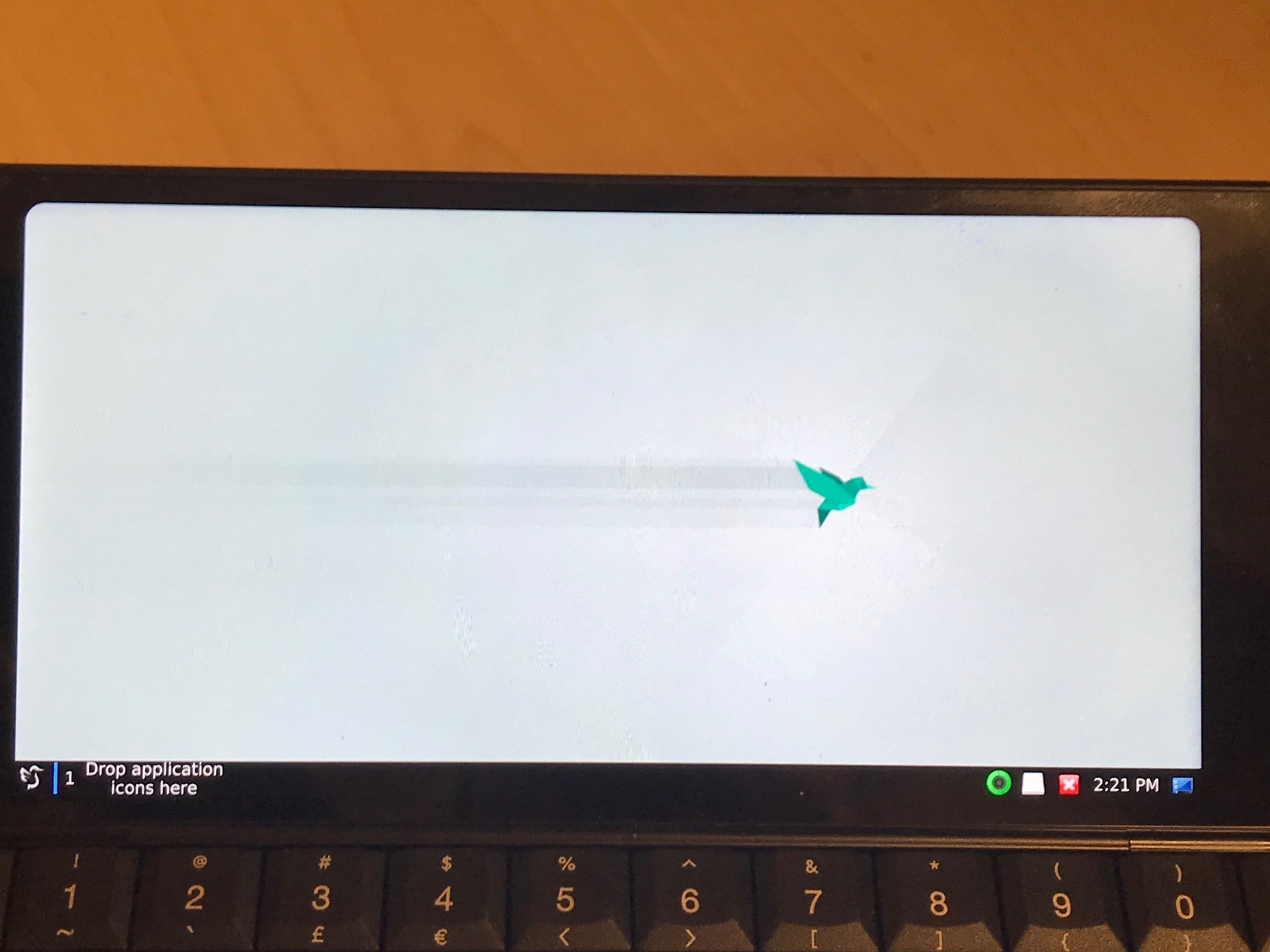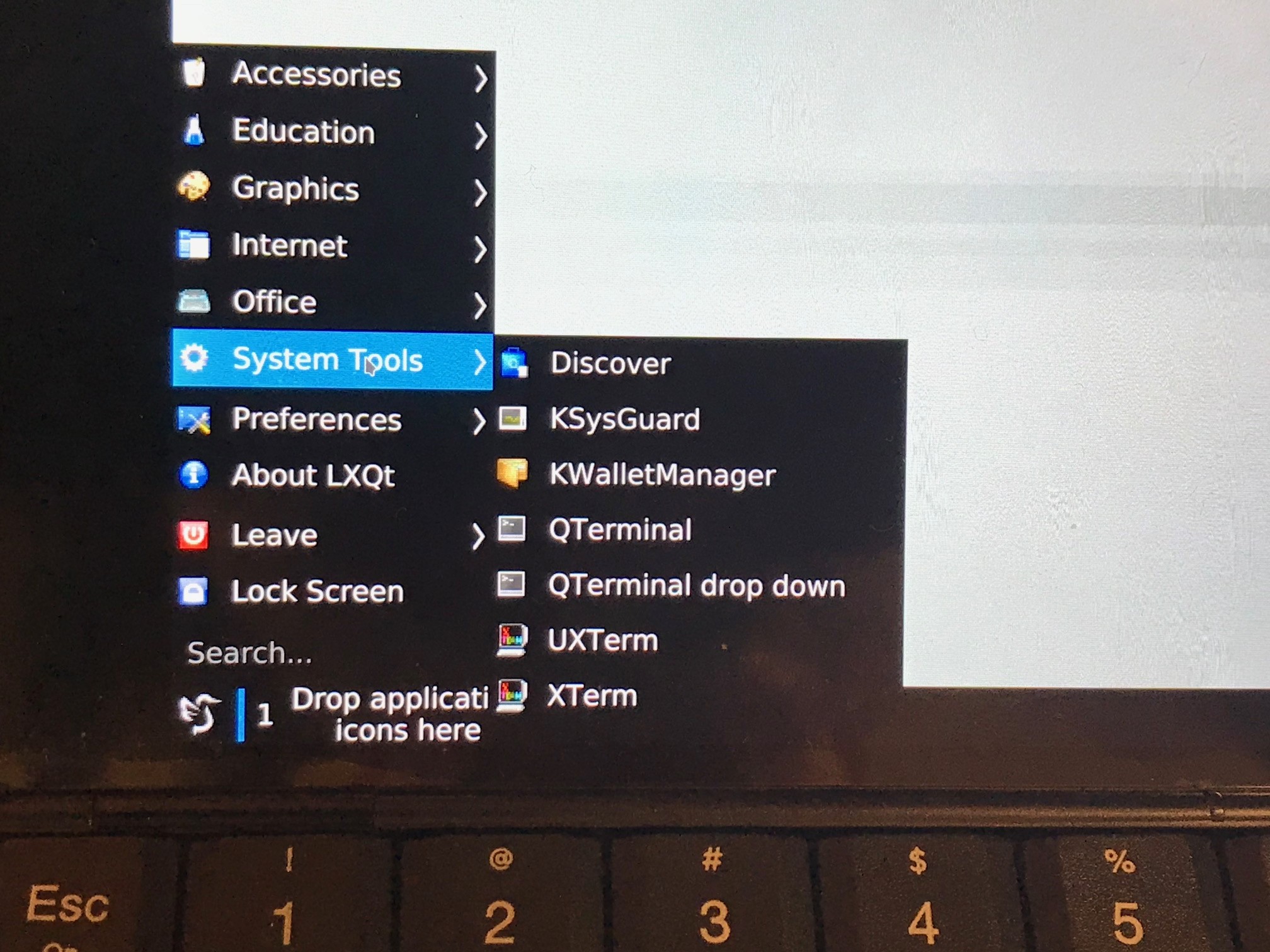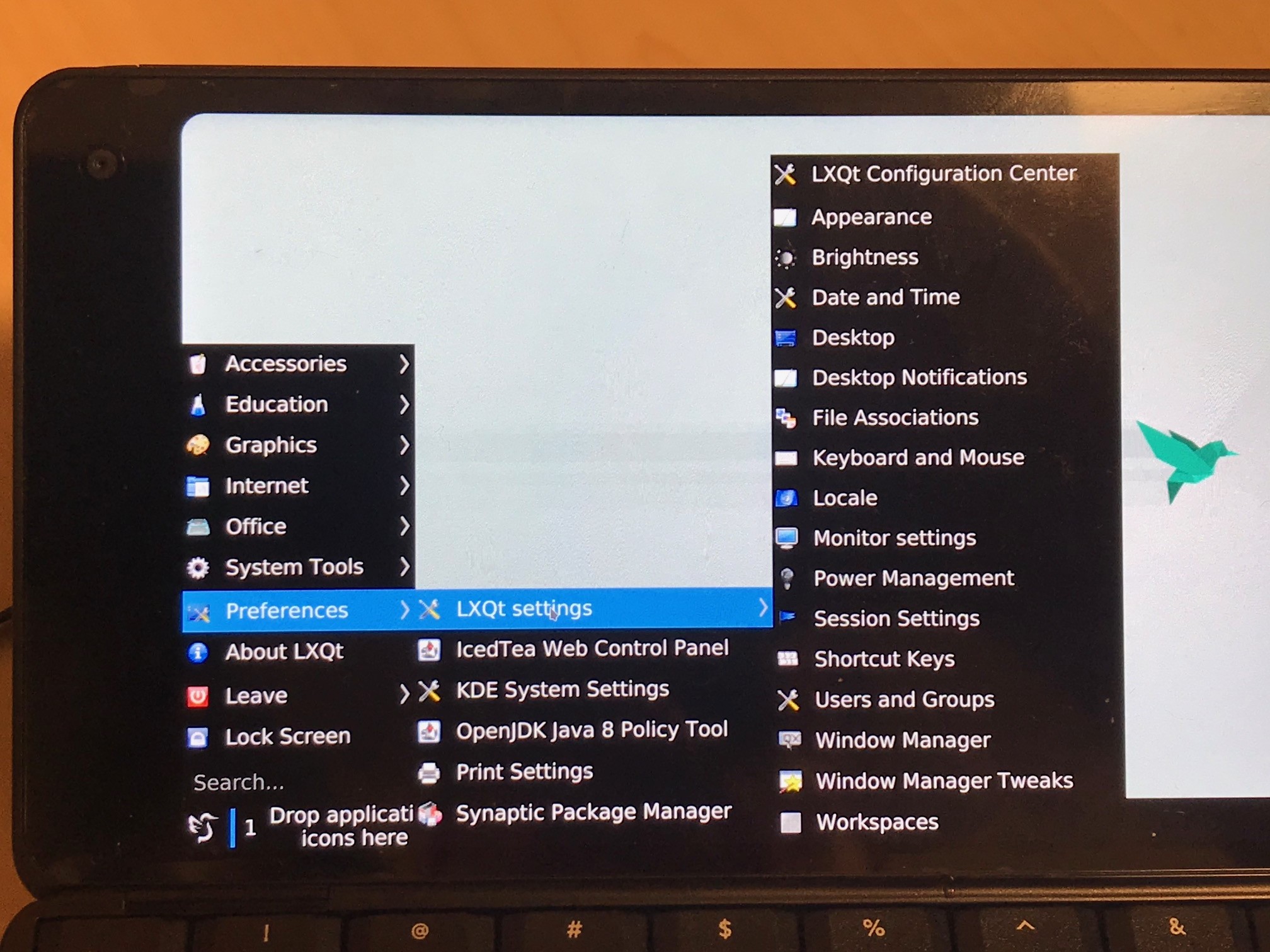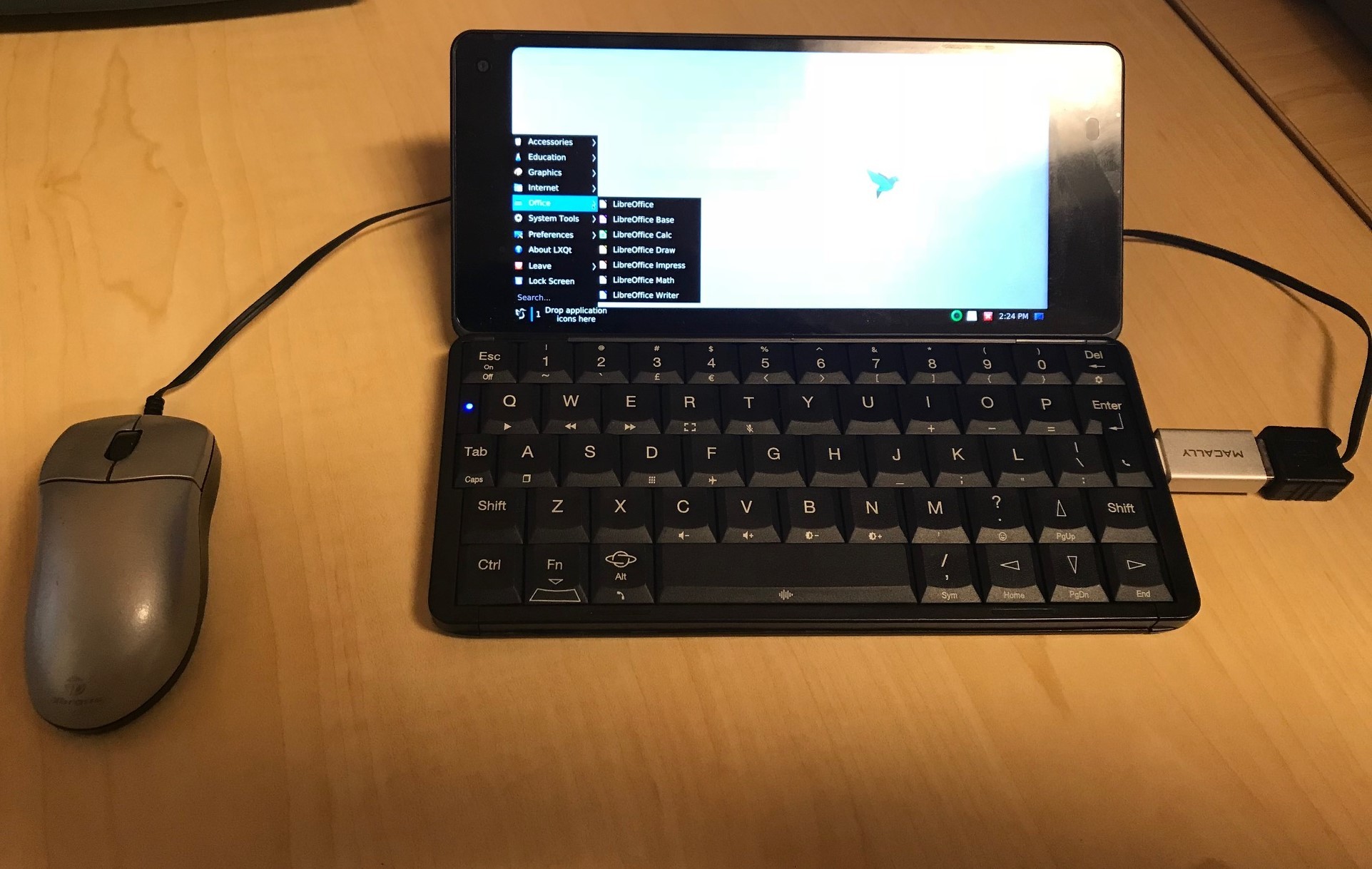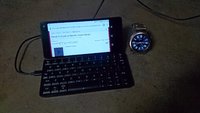For 90% of the ones I'm seeing out there with volume controls, the volume control only works on iPhones. For the 'Android compatible' ones, they often require the user to download or even sideload an app - which shouldn't be necessary. Google's Nougat specs documentation includes up to 4 button headphone controls - not that there are any 'in the wild'.
Three button iphone remotes turn into one button Android remotes (volume controls don't work).
I found these as a 'cheap try'. They should be here Saturday.
Code:
https://www.amazon.com/gp/product/B077BG89WM
I bookmarked these too, but that is a lot to spend on a set of earbuds imho. No idea if they're 'worth it'.
Code:
https://www.amazon.com/gp/product/B01M8OFIX3
But, so far those are the only ones I'm finding with an Android specific version that -should- work with volume controls.
Why so specific about needing a 3 button (or more) remote? Gemini has no outside volume control buttons and the one exposed button that could work for answering a call is on the opposing side to the headphone jack.
[doublepost=1525972114,1525971907][/doublepost]
It's a device without a camera and you want pictures? Oh, wait - ...
Seriously, what would you like a picture of that doesn't already exist somewhere? OESF has pictures of a 50% teardown. The unit looks like the one on the Gemini site. There are reviews showing the keys and Gemini specific application software. What is left that hasn't been covered?
